The commitments made at the recent Forum on China-Africa Cooperation (FOCAC) in Beijing show a new approach to Beijing's cooperation with the continent, especially in the field of green energy.
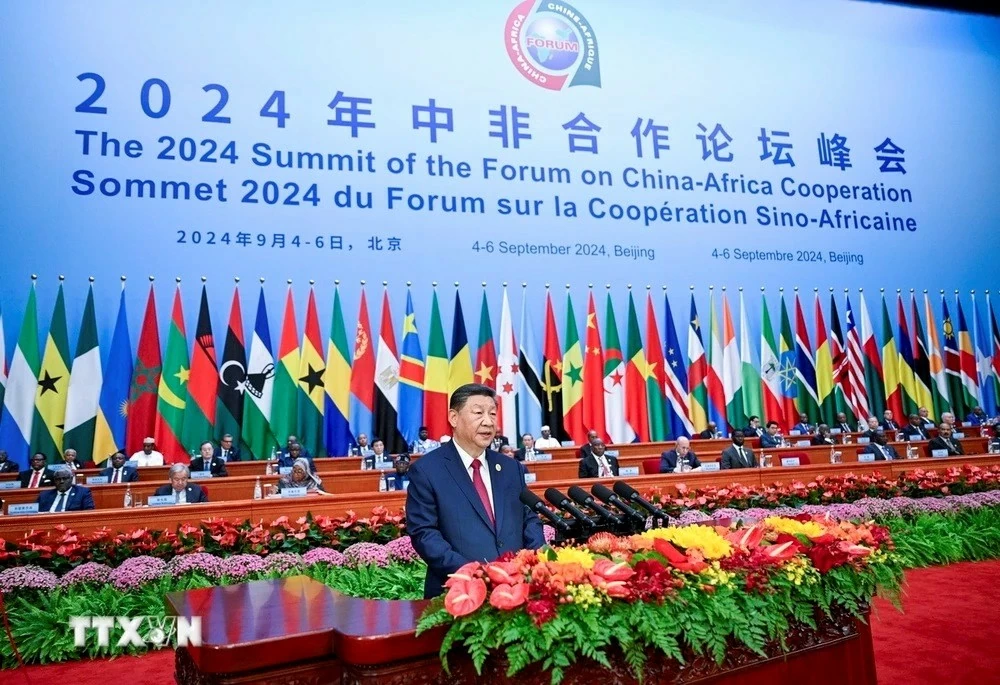 |
| Chinese President Xi Jinping speaks at the Forum on China-Africa Cooperation 2024, September 5. |
With the participation of heads of state, government leaders, delegations from 54 African countries, many international organizations and the African Union (AU), the event showed the stature of FOCAC and the increasingly open future of Africa-China cooperation.
Beyond the traditional
Since its establishment in 2000, FOCAC has developed into an important platform for South-South cooperation, an effective model of international cooperation between China and Africa.
According to SCMP, at the opening ceremony on September 5, Chinese President Xi Jinping highlighted a number of areas of future cooperation between the two sides, making a 10-point proposal to promote the modernization of Africa.
Chinese leaders pledged to continue to provide about $50.6 billion in aid to Africa over the next three years, helping to create at least 1 million jobs and open markets for the region's 33 least developed countries. In addition, Beijing will build 25 African research centers and invite 1,000 regional officials and politicians to China to learn about modern governance. China will also provide 1 billion yuan in military aid to Africa, helping to train 6,000 soldiers and 1,000 law enforcement officers for the continent.
In addition, China plans to implement 30 connectivity projects and 1,000 "small, beautiful projects" in Africa within the framework of the Belt and Road Initiative (BRI); carry out 20 digitalization projects to help the continent "welcome the new technological revolution"...
Africa has been the region that has most actively supported and participated in the BRI. So far, most African countries that have diplomatic relations with China have signed cooperation documents within the BRI framework.
According to China's Ministry of Commerce, bilateral trade is set to hit a record $222.1 billion by 2023. China has been the continent's largest trading partner for 15 consecutive years. Notably, the trade balance between China and Africa has shifted from a deficit to a surplus since 2015.
By the end of 2022, China's investment in Africa will exceed $47 billion. China is now the fourth largest investment partner in Africa after the US, UK and France.
With more than 50 billion USD committed to Africa at FOCAC this time, higher than the figure of about 30 billion USD committed at the forum in Dakar, Senegal 3 years ago, it shows that China's influence on this continent has gone beyond the traditional scope of trade, infrastructure and health care.
 |
| There is a growing presence of Chinese companies in Africa, especially in the energy and mining sectors. (Source: Shutterstock) |
Green energy is the focus
One of the most prominent themes of FOCAC 2024 is cooperation in renewable energy and sustainable environmental development. China pledges to support Africa in improving its capacity to adapt to climate change, providing new energy technology and developing green industries.
These commitments reflect China's growing role as a global leader in renewable energy, helping Africa reduce its carbon emissions.
China pledged to launch 30 clean energy projects across Africa, set up a special fund to develop green industrial chains, and improve management and utilization capacity of renewable energy sources, especially solar, wind, geothermal and hydropower.
The focus on energy cooperation between the two sides builds on previous cooperation mechanisms, including the Declaration on China-Africa Cooperation in Combating Climate Change adopted in Dakar in 2021 and the Africa Climate Summit in Nairobi, Kenya in 2023.
In particular, China’s endorsement of the African Union Development Agency (AUDA) Continental Power System Master Plan is noteworthy, which aligns with the AU’s Agenda 2063, which aims to transform Africa’s energy infrastructure to support sustainable economic growth.
Another important aspect of the China-Africa energy partnership is cooperation in the peaceful use of nuclear technologies.
The two sides agreed to strengthen cooperation through important international platforms such as the International Atomic Energy Agency (IAEA), the African Regional Cooperation Agreement on Research, Development and Training in Nuclear Science and Technology (AFRA) and the African Commission on Nuclear Energy (AFCONE).
The two sides are currently exploring the possibility of concluding a trilateral agreement between the China Atomic Energy Administration, the IAEA and the AU to promote the peaceful use of nuclear technology. Through these initiatives, China and Africa hope to promote a global nuclear governance framework that is fair, just and reflects the needs of developing countries.
Beijing's commitment to invest in renewable energy projects across Africa is one of the most promising outcomes of FOCAS 2024.
These diverse projects focus on tapping into different energy sources, including solar, wind and green hydrogen... Integrating renewable energy into Africa's power grid represents a transformation on the continent, which has long relied on traditional energy sources such as fossil fuels.
To facilitate this transition, China is providing expertise, financial investment, and capacity-building programs tailored to each country’s specific needs. The focus is not only on generating electricity, but also on making transmission and distribution networks more efficient and reliable.
China has extensive experience in developing solar technologies and this expertise will be shared with African countries to build large-scale solar power plants as well as distributed solar energy storage systems. Such systems are particularly suitable for rural and remote areas that are often underserved by traditional electricity infrastructure.
Africa’s energy cooperation with China also extends beyond power generation. By connecting Africa to the global supply chain for green products, the two sides aim to foster a more sustainable industrial base that not only meets current energy needs but also prepares for future challenges.
One of the key initiatives supporting Africa’s industrial transformation is the China-Africa Energy Innovation Cooperation Accelerator project. This program will support the development of green and low-carbon industries across the continent, encourage joint ventures and share best practices.
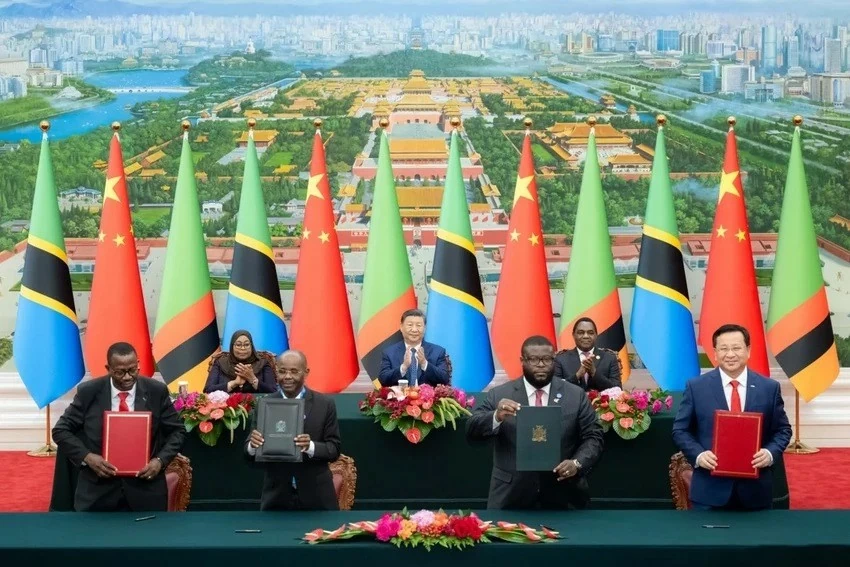 |
| Chinese and African leaders jointly witness the signing ceremony of a memorandum of understanding (MoU) on the Tanzania-Zambia railway renovation project in Beijing on September 4, 2024. (Source: Xinhua) |
Professional support, capacity building
An important part of China-Africa energy cooperation includes professional training and capacity building. China is committed to continuing to provide training programs and technical assistance to help African governments and enterprises improve their capacity to manage energy infrastructure.
The long-term success of renewable energy projects in Africa depends on the ability of local experts to operate and maintain them reliably and efficiently.
The two sides will hold the 2nd Energy Cooperation Project Promotion Conference under the AU-China Energy Partnership. This will be a forum for policy dialogue, technical exchanges and collaboration between Chinese and African research groups. These dialogues will focus on policy, technology and management issues related to renewable energy, helping to create a comprehensive framework for cooperation.
Another important aspect of the China-Africa energy partnership is the development of strong policy and regulatory frameworks to support investment in renewable energy. This cooperation aims to improve investor confidence in Africa’s renewable energy sector by addressing potential challenges such as regulatory uncertainty, infrastructure constraints and market competition.
With China’s support, African governments will work to enhance the capacity of regulatory institutions to better manage and promote renewable energy initiatives. This will also involve creating investment policies that are aligned with global trends and emerging technologies, making Africa a competitive player in the global renewable energy market.
The cooperative relationship between Africa and China has been maintained for decades, especially after more than 20 years of operation of FOCAC, Africa has increasingly become a geopolitical partner and an important market of the world's second largest economy.
Close cooperation between China and Africa in various fields, emerging as new energy cooperation and sustainable development, will help ensure energy security for the world's second-largest economy, while promoting the transfer of China's manufacturing capacity to the continent, bringing strategic economic and geopolitical benefits to both sides.
Source: https://baoquocte.vn/ky-nguyen-moi-trong-hop-tac-trung-quoc-chau-phi-286893.html















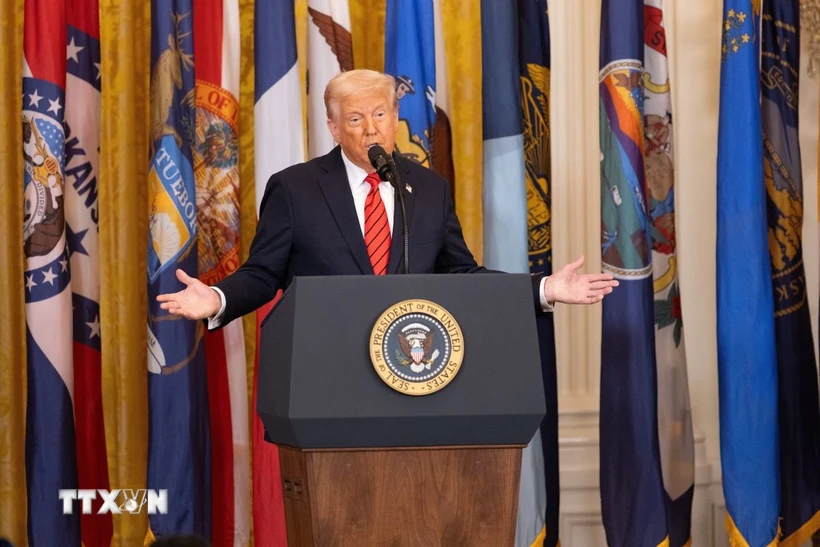












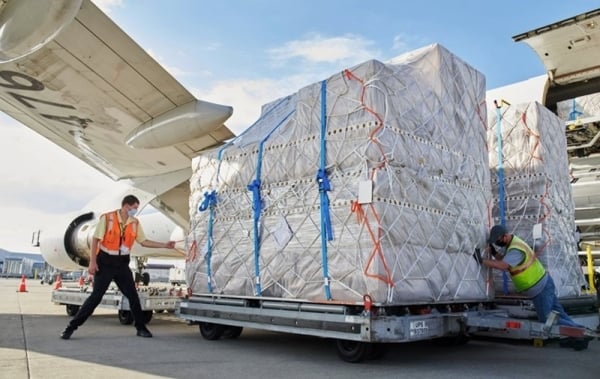
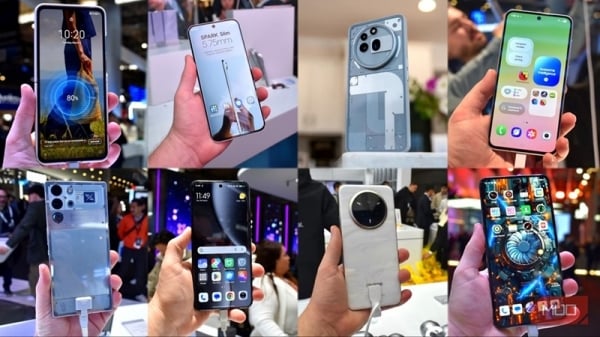

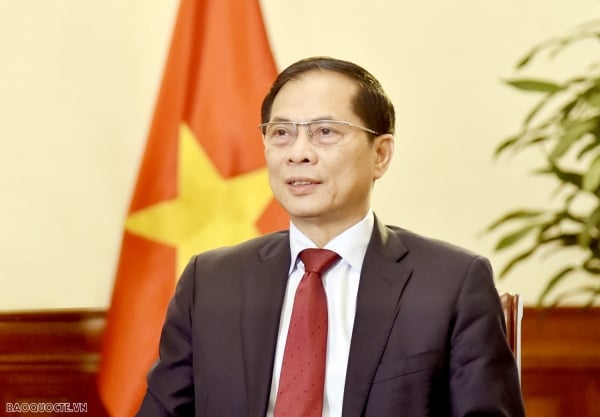
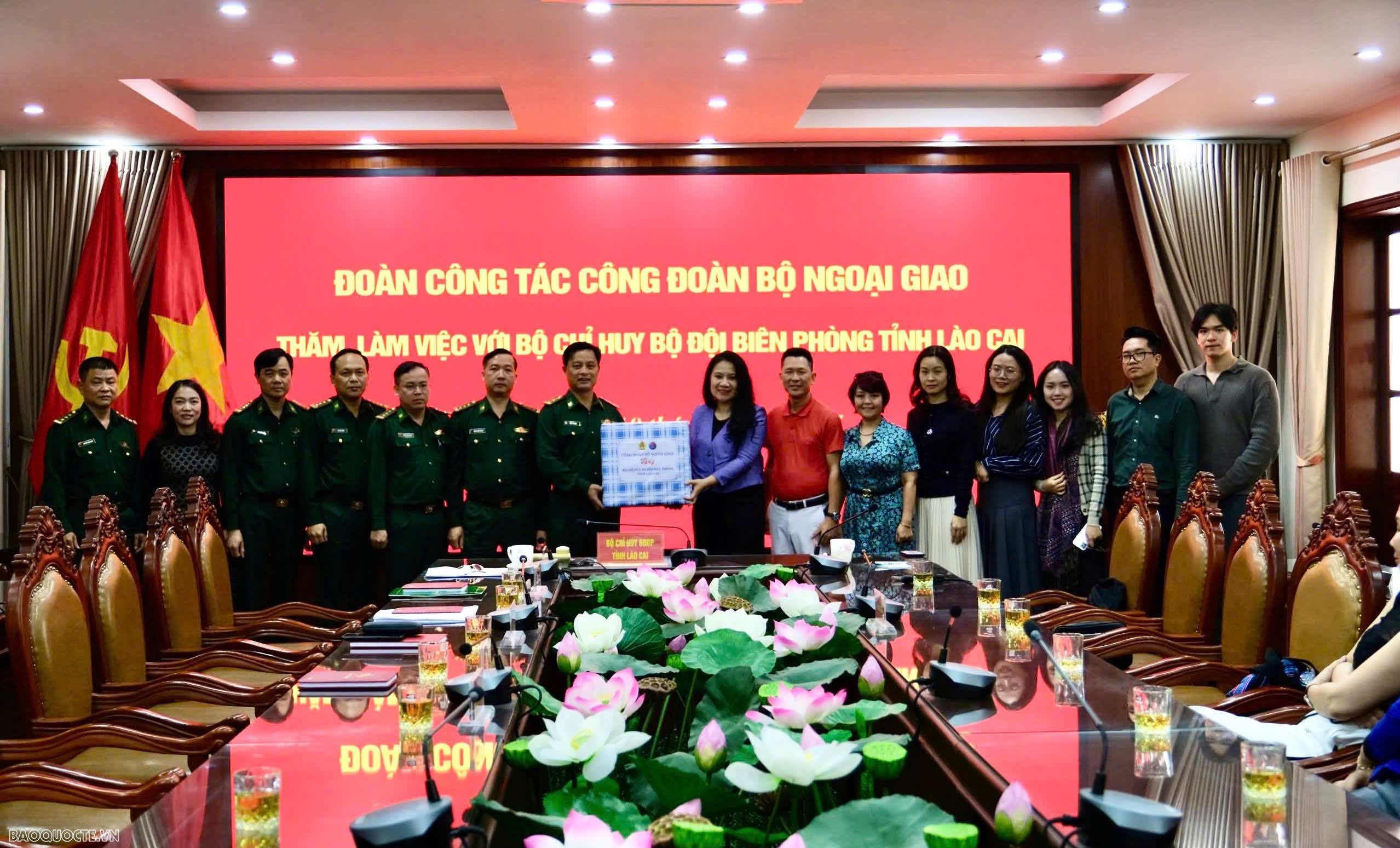
![[Photo] "Beauties" participate in the parade rehearsal at Bien Hoa airport](https://vstatic.vietnam.vn/vietnam/resource/IMAGE/2025/4/11/155502af3384431e918de0e2e585d13a)






































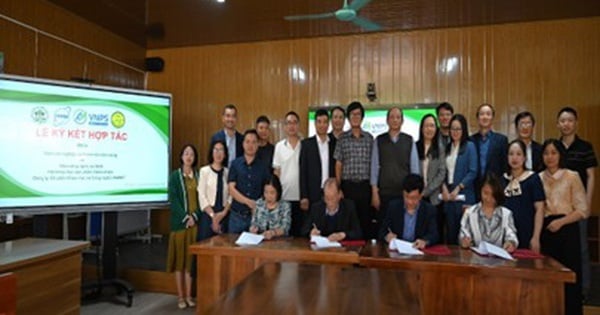

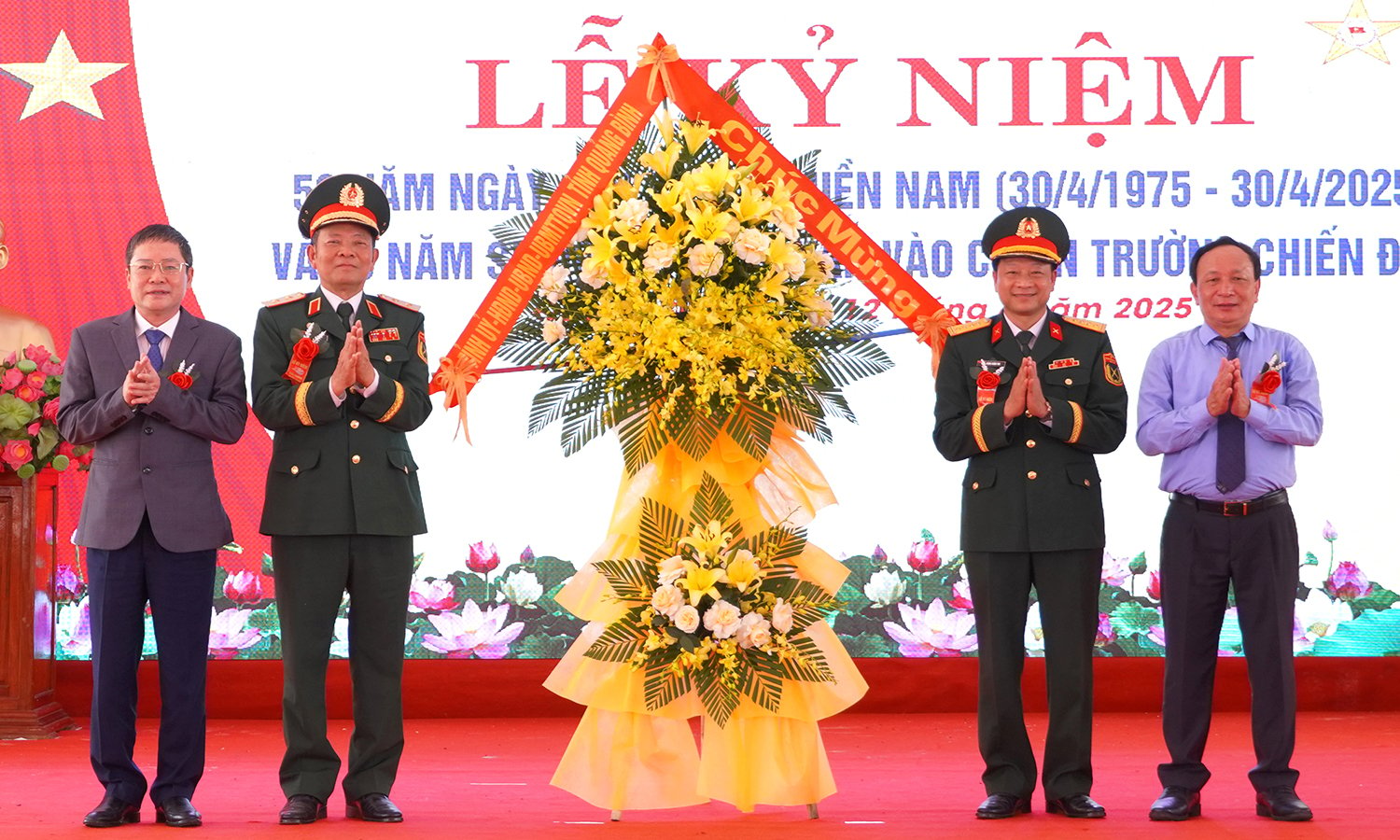
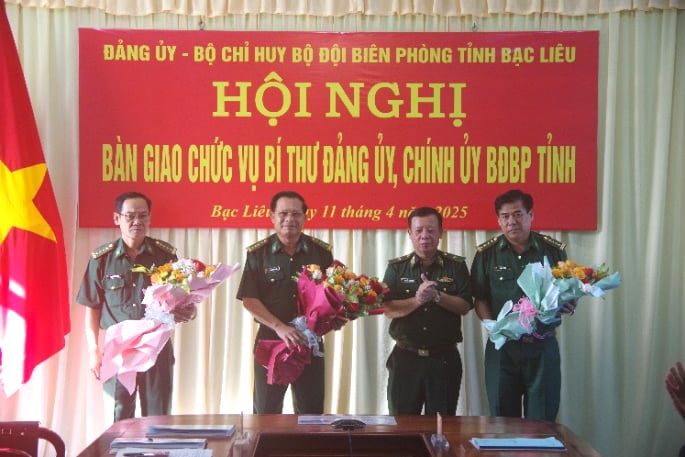
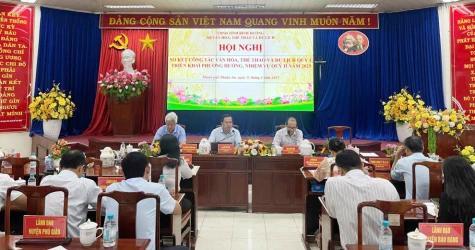

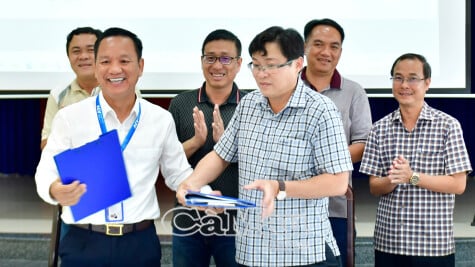
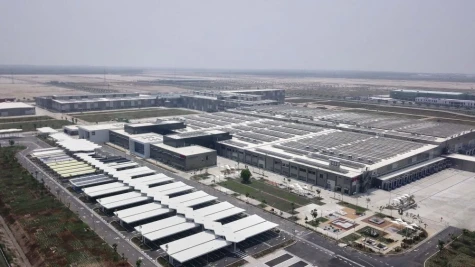
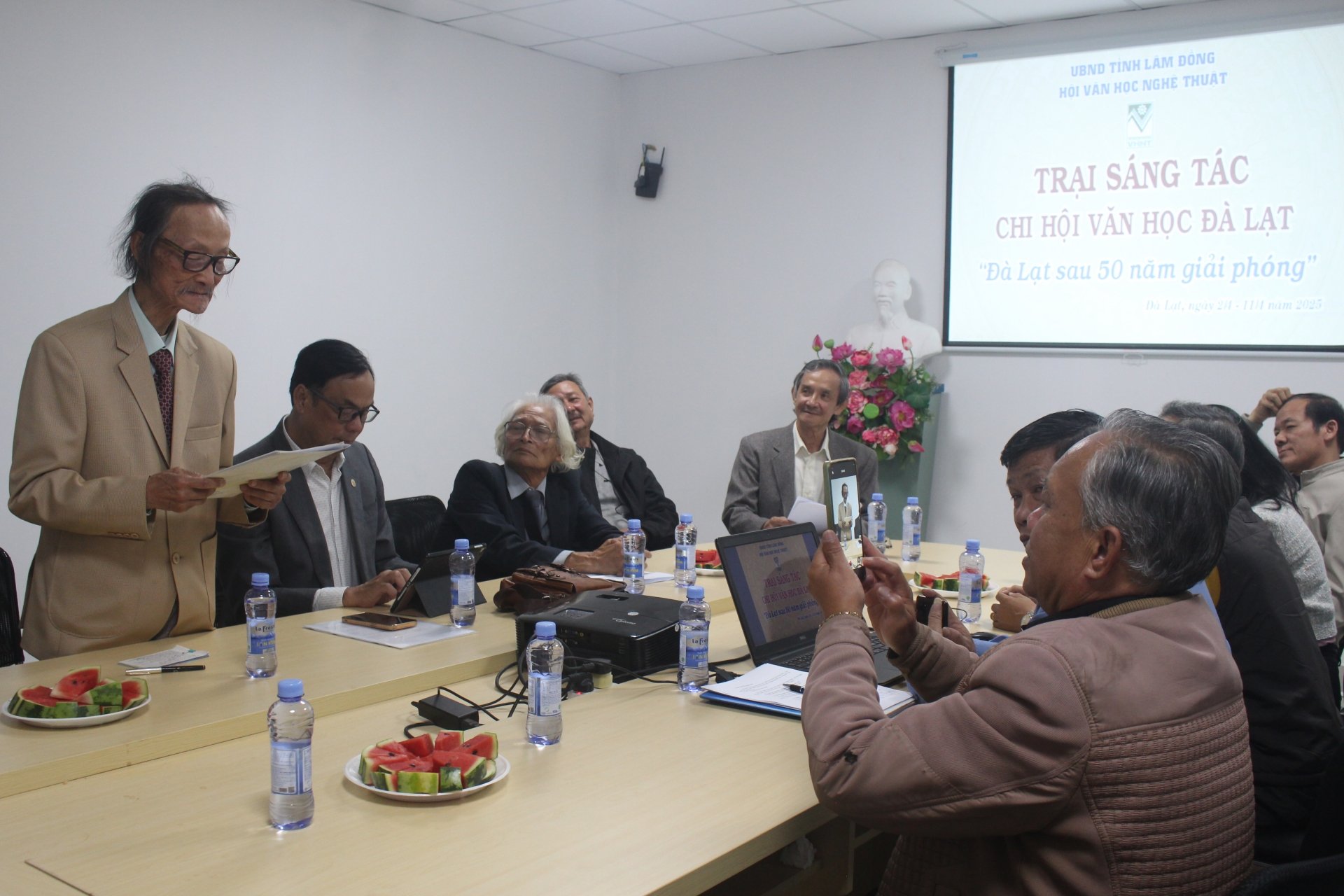











Comment (0)